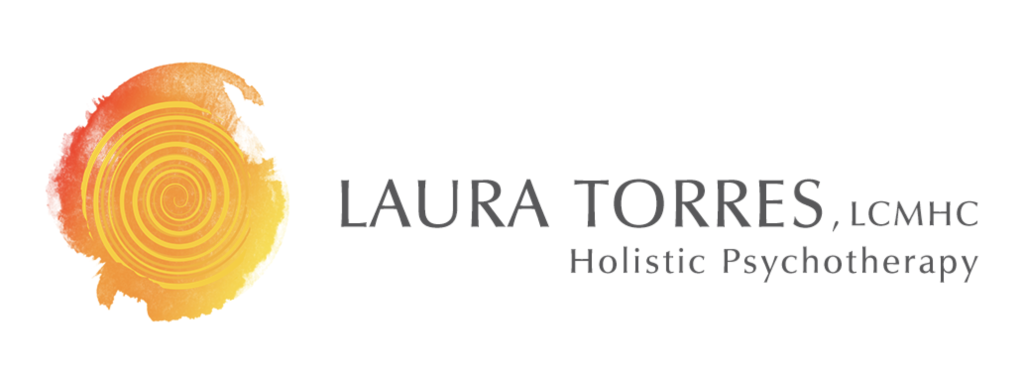Last week I sent an email out to my list serve apologizing for being so inconsistent and my mom called me out for playing small in the email, subtly disempowering myself. Here’s what I wrote: “I’m still getting the hang of this newsletter thing so my newsletters may be sporadic at first but hopefully they’ll get more consistent as I get more familiar.” When I explained to her that my intention had been to be authentic and transparent, I realized that I could have accomplished that same thing in a much more empowered, confident way. Something like this: “I want you all to know that I value you and value sending you consistent and high quality content. So get ready!”
I realize that in the past, I’ve often mistaken being vulnerable and transparent with talking from the vantage point of my inner critic. This used to (and sometimes still does) come up for me in introductions when I lead with doubt, self-deprication, confusion, etc. This serves two functions: 1)Appearing this way keeps me safe by making sure people don’t expect too much from me and 2)People will like me.
Let’s expand on the second function. In her book Playing Big Tara Mohr explains that, according to research, women and other minorities are typically either seen as competent or likable but not both. The need to be liked has been ingrained in our cells for centuries, stemming from eras when it was crucial to our survival to be liked. This drive to be liked over being authentic is so automatic for many of us that we don’t even realize when we do it. There’s often a conscious or unconscious fear that if we are actually standing in our power, setting clear boundaries, speaking with confidence that other’s will be threatened. Or interpret our directness and clarity as being ‘mean’ or ‘inconsiderate’ and they’ll judge or reject us. Sometimes this may be the case (we’ll talk more about feedback later) and unfortunately, the impact is that this fear keeps us playing small. And words are powerful. So even if we don’t fully buy into the way we present ourselves to others, it seeps into our unconscious stories about ourselves.
I imagine many of you, like me, have been on both sides of this scenario. So I have a couple of challenges for you this week: 1)Notice when you’re subtly disempowering yourself and get curious! What’s your fear or need here? How could you shift your language, tone, or body stance to stand more in your power? Try taking a few deep breaths and drop your awareness down into your heart. Here’s some language to watch out for: ‘Just’, ‘Does that make sense?’ ‘A little’ Notice when you’re feeling like you have to apologize for taking up time and space or telling a familiar story about not-enough-ness (stay tuned for more on disempowering language!) and 2)Notice your internal response to other women who speak with confidence and clarity. Do you judge them? Feel threatened? Feel attracted or inspired? Notice some longing or sadness? Notice how this impacts your interactions with other women. Choose to support them in owning their power!
I want to make a quick distinction between standing in your power and covering up insecurity with a false confidence. It’s totally normal to feel doubt or insecurity, especially when you’re stepping into your power and being vulnerable. Label and identify that insecure voice as your inner critic part trying to keep you safe rather than as you. Your essence is grounded, clear, calm, and knows your true power.
Click here for Amy Schumer’s satire on the dynamic that can be created when women are confident and not self-depricating–let’s support ourselves and other women with owning their power!
Suggestion: See the two challenges above. I would love to hear from you!
Affirmation: May you use language that honors your true power and support others in doing so as well.

